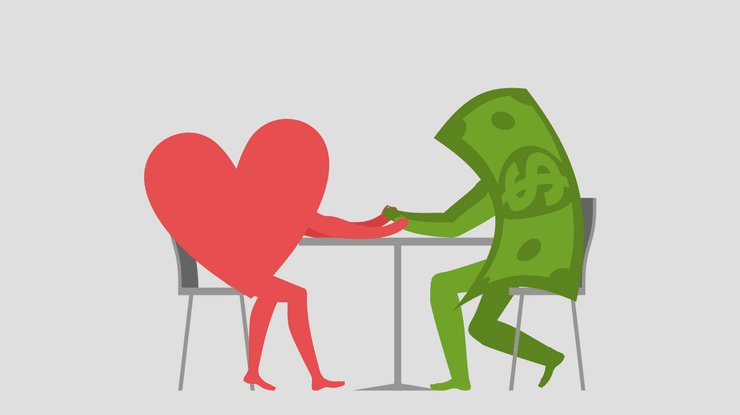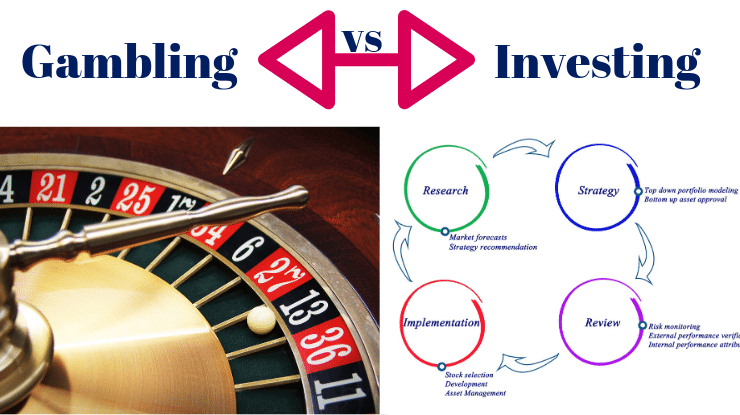If you haven’t heard of HERMONEY.com, I can’t wait to introduce you. It’s a kick ass website, which co-founder, Jean Chatsky, dubs a “judgement free place to talk about all things money.”
On the site, you’ll find a vast reservoir of rich content and fascinating podcasts. And, best of all, HERMONEY is jargon free.
Jean has a talent for making a complicated subject entertaining and clear without dumbing it down. Personally, I consider HERMONEY a woman’s financial paradise!
Jean has spent over two decades reporting on personal finance for magazines like Forbes and Smart Money, serving as the Today Show’s financial editor and writing 11 books, including her latest—Women with Money–which I love.
Last week, I had a wonderful chat with Jean about her own struggles with money, her excellent advice for taking financial control, and why she founded HERMONEY.com.
“I needed to educate myself,” she said of her career choice. “I was an English major who racked up credit card debt, pulled money out of my 401(k) after my first job, and ceded too much financial control to my first husband.”
As she learned about money on the job, she told me, “I was inspired to take control.”
“What did you do to take control?” I inquired.
“When I got divorced, 15 years ago, I automated everything I could,” she said. “I automated college for kids, retirement, savings accounts. Once a month I’d look at all those accounts.”
Then she laughed. “Saving money is no fun. But seeing how much it grows—that’s fun!”
Finally, I asked Jean what inspired her to start HERMONEY.
“I wanted to grow something bigger than me,” she said. “I wanted to build a platform where all woman could see themselves.”
Check out www.hermoney.com and let me know what you think!!!
Want to take charge of your money & your life? Join me in my virtual community, The Wealth Connection. Special limited time pricing—only $47/month. Join Now!






 There’s still time to join the Spring 2019 Session of my ReWIRE Mentorship Program!
There’s still time to join the Spring 2019 Session of my ReWIRE Mentorship Program!




